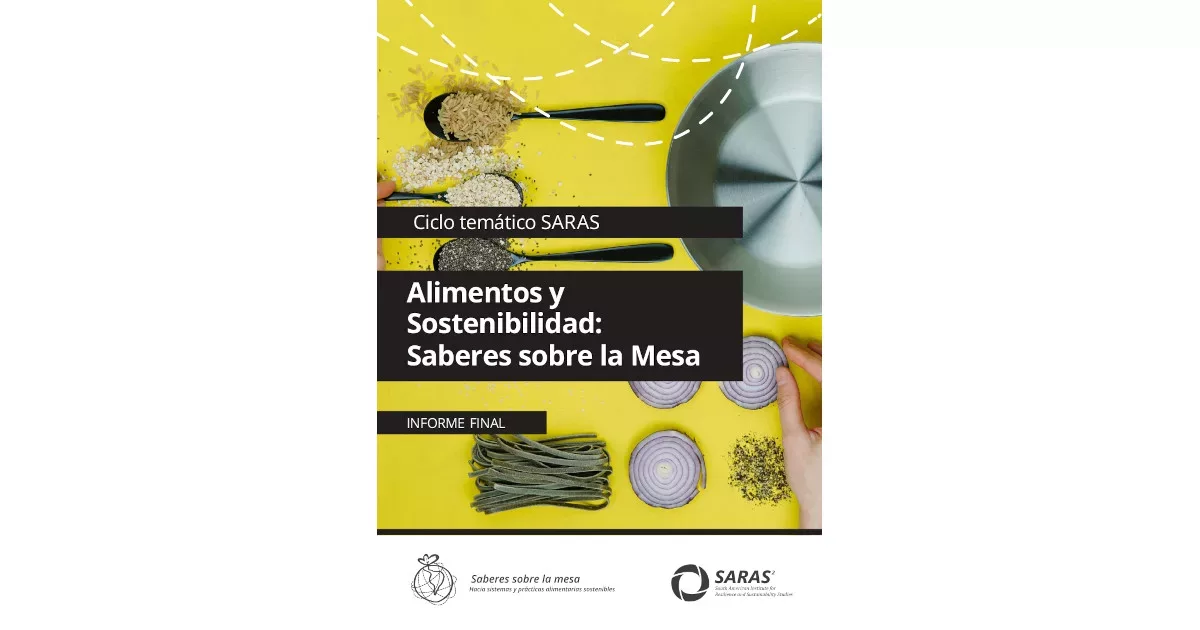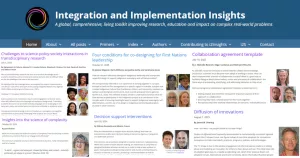Uruguay: Knowledge on the table
Food systems transformations in South America: insights from a transdisciplinary process rooted in Uruguay

Between 2019-21, the South American Resilience and Sustainability Studies Institute (SARAS) in Uruguay, gathered a transdisciplinary international community of natural and social scientists, humanities scholars, artists and multiple stakeholders to codesign food systems transformation. Saberes sobre la mesa (knowledge on the table) engaged Uruguayan policymakers, government officials, food producers, the service sector (chefs), soup kitchens, other civil organizations, and consumers.
Context
Latin America is the largest net food exporting region in the world. The continent’s food systems significantly contribute to global climate change and are at the core of many crucial global issues such as food security, nutrition, endemic poverty, land use change, loss of biological and cultural diversity and national identities. Uruguay shares many of the socialecological challenges and risks that are characteristic of the larger region.
Method
The project organised transdisciplinary working groups to represent and reflect on the prominent problems in the region: fisheries, the farming export industry, and the emergence of agroecology. It then developed nine projects. Four transdisciplinary projects focused on bottom-up processes of innovation in the sustainable production, distribution and/or consumption of food. Four interdisciplinary projects which targeted decision makers, researchers and scholars. Each communicated information on the social-ecological footprints of Uruguay’s global trade flow of food, and on the feasibility of circular economy. The last project was a book on the history of local recipes and the place of local food culture in national identity.
Benefit
Saberes sobre la mesa built a collaborative network comprised of academics, several ministries and municipal governments, the media, agricultural producers’ organisations, and civil society groups to produce the knowledge necessary to help address the significant challenges in Uruguay listed above. The final report of this project can be downloaded from the Zenodo virtual repository platform.
Jorge Marcone, Rutgers University-New Brunswick, Chair of Advisory Board of SARAS
This text has first been published by BRIDGES in a special brochure. BRIDGES in a member of The Earth-Humanity Coalition.
SUBSCRIBE TO OUR NEWSLETTER
To stay up to date with our projects and the development of the EHC
Read more articles

Gian Francesco Giudice: “Ethical responsibility is essential in fundamental research”
From hypothetical black holes to environmental impact studies, CERN navigates risk, transparency, and moral responsibility at the frontiers of human

Dealing with the complexity of society and environment
A global toolkit for tackling complex problems with more than 600 different methods Ever wish you had a free toolkit

The Moon & the Global South: Voices, Risks & Promise
Researchers warn that without inclusive governance, the Moon could become “a new arena for old patterns of exclusion” When rockets

Borko Furht: “AI shouldn’t be given much autonomy without maintaining accountability”
Beyond Superintelligence: The Real Challenges of Keeping Humans ‘In the Loop’ Borko Furht is a professor in the department of